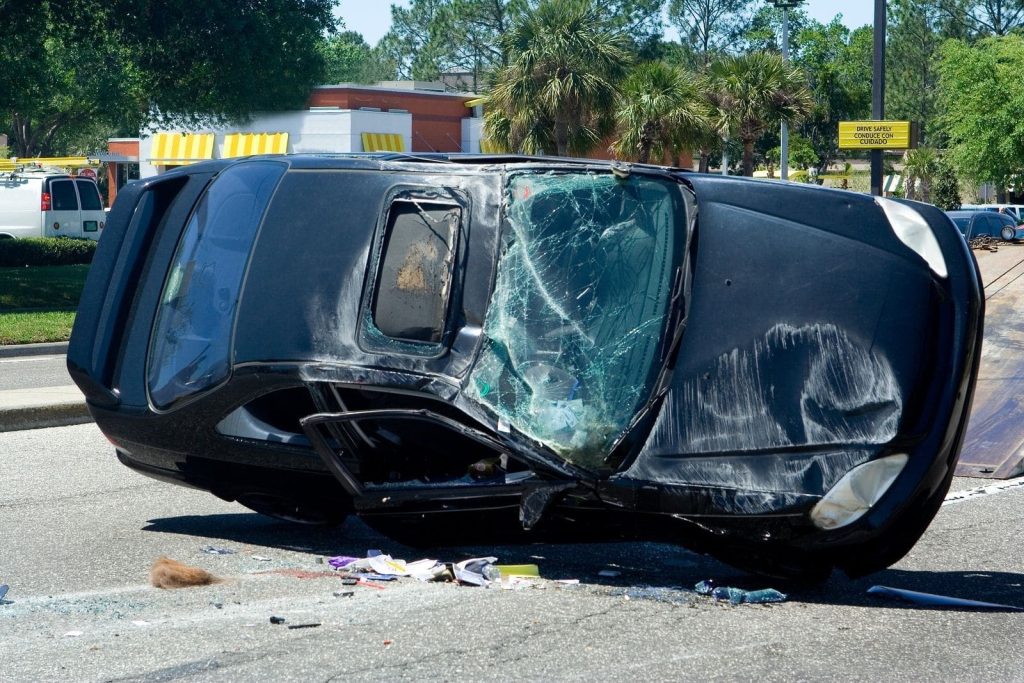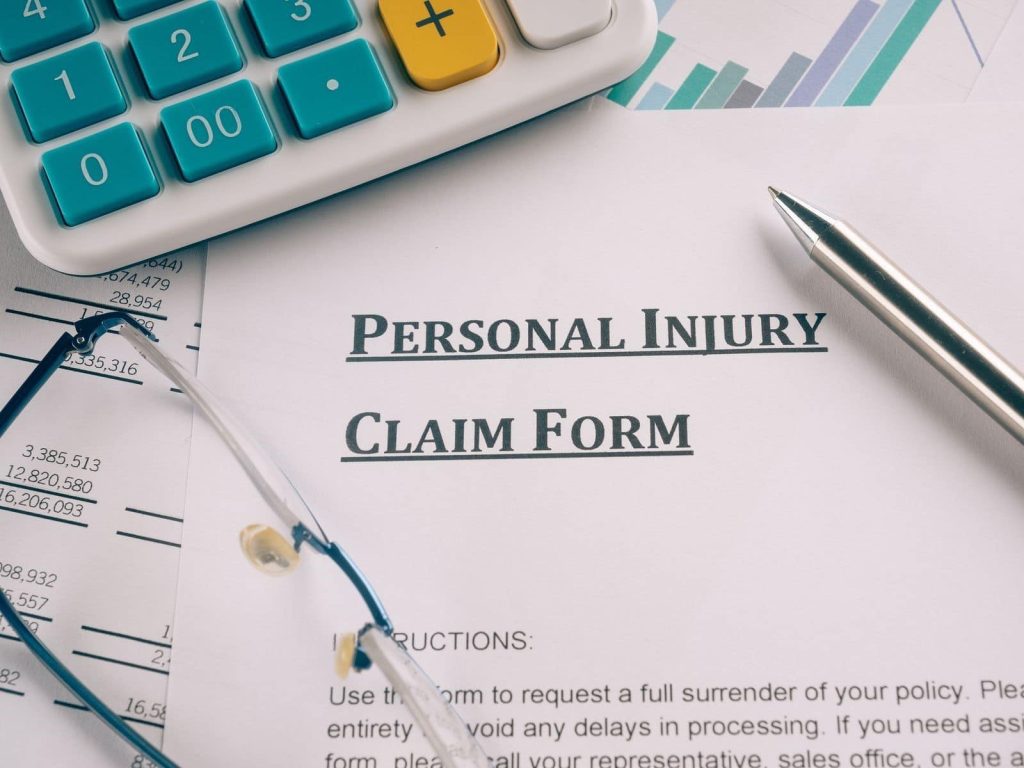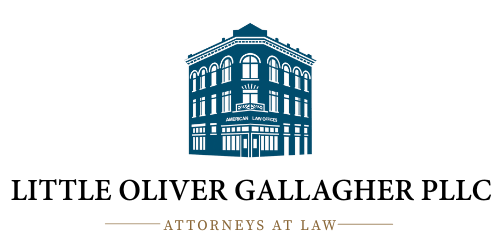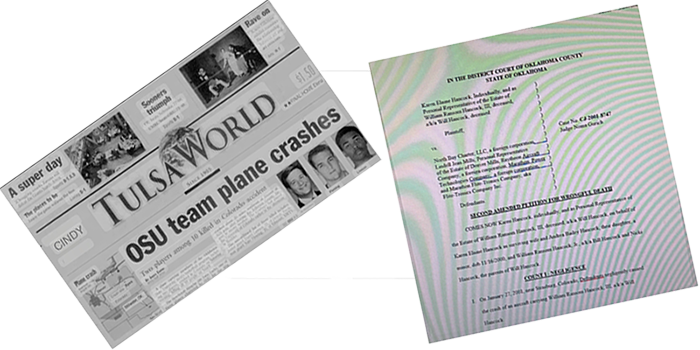Personal Injury Vs. The Car of Tomorrow: Is the Law too Light on Automakers?

Self-driving cars are robotic vehicles that are capable of traveling from one place to another without a human driver. As one of the latest developments in AI technology, the vehicle is touted as the future of a safer and more convenient riding experience. Automated Cars: Making Roads Safer Statistics from the Association for Safe International Road Travel show that more than 1.25 million people die from road accidents every year. This leaves about 20-50 million road crash victims injured or disabled. Driverless technology aims to reduce error on the road by replacing human perception with more accurate computer systems and sensors. These include radars, cameras, GPS, and artificial intelligence. Footage from Tesla, in fact, shows the impressive capability of autopilot features in avoiding accidents. Research suggests that self-driving cars can help by improving road safety. They are, after all, able to control the steering, acceleration, and braking capabilities of a vehicle without a driver. Moreover, self-driving technology can also make drivers and pedestrians less prone to road safety problems like speeding, drunk driving, distracted driving, and more. A Long Way to Perfecting Driverless Tech The technology isn’t without its issues. Last March 18, 2018, a self-driving SUV hit a 49-year old woman in Arizona. She is the first recorded pedestrian fatality from an autonomous vehicle. Preliminary reports about the accident indicate that the machine was operating the car at the time of the collision and that the car was traveling at 40 MPH at a 35 MPH zone. The death of the pedestrian is a reminder that driverless car technology still has a long way to go before it can become the norm when we travel. So, as carmakers push for the large-scale deployment of driverless cars in the country, the possible legal implications of instances the technology does fail should be considered, as well. Case in point: in light of the revolutionary technology, how can personal injury attorneys fight for the compensation their clients deserve? An Increase in Out-of-Court Settlements Car safety legislation exists to help develop and maintain the nation’s transportation system while encouraging public road safety. Even with tough self-driving regulations, however, some experts worry that driverless car companies could dissuade car accident victims from filing a personal injury claim. Road accidents could, for instance, lead to more out-of-court settlements like arbitration — an alternative method that involves settling disputes outside of court. Consumer groups like the Center for Auto Safety worry that forced arbitration could dissuade crash victims from filing a claim. Arbitration can, after all, skew the odds in favor of big businesses. In turn, it could bar claimants from exercising their fundamental human rights. Not all is lost, though. Amendments to current the legislation are helping prohibit forced arbitrations. Some members of the Senate Commerce, Science and Transportation Committee claim that the current regulations, in fact, fail to protect pedestrians and it gives automakers too much leeway. Fortunately, some self-driving carmakers have been supportive in following legislation that would prevent possible machine malfunctions and other pedestrian hazards. Legal Protection for Personal Injury Victims Self-driving cars still require a lot of improvements to operate safely and make riding vehicles safer. Until then, road crash victims require aggressive legal representation for advice and the proper compensation for their injuries. Every accident has its own set of facts, and you can count on our team for legal assistance when you file your claim. For more information contact one of our highly qualified Attorneys at 580-224-0900 for a free consultation.
Personal Injury Cases: Know The Differences

When a client is injured, one of the first steps is to determine the type of legal case they can file, which will, in turn, to determine liability. Hiring a personal injury lawyer in Oklahoma can greatly help in assessing liability and responsibility, and in securing proper compensation for the accident. Vehicular Accidents Accidents involving cars are the most common cases in the United States. Currently, Oklahoma imposes an “at-fault” law, which means that courts will determine who the careless driver is in a particular case, and then the errant motorists are held responsible for any injuries and financial damages. Cases that involve motorcycles, on the other hand, are trickier because motorcycles offer no protection from other drivers — additionally, there is a common perception of motorcycle drivers as being “more reckless.” However, Oklahoma laws dictate that a motorcycle rider has the same rights as an automobile driver if they are injured by an aggressive driver. A skilled lawyer can navigate motorcycle accident laws and help motorcycle riders get the justice and fair compensation due them. Slip and Fall Cases One of the leading causes of death for people above the age of 70, slip and fall cases involve accidents on residential properties that cause personal injury and damages. Whether it’s uneven flooring or leaks that causes a surface to become slippery, these cases often lead to serious injury or even death. Within a residential property, the resident or property owner will be held accountable for keeping their property relatively and reasonably safe. With this in mind, however, liability can still be dependent on the exact nature of the accident, as well as on the existing laws of the state in which the accident occurred. Medical Accidents Often, medical malpractice cases stem from a healthcare provider’s failure to provide competent medical care. This can involve negligence during an operation, or failure to diagnose a condition, and even the prescription of the wrong medication. Other damages sustained during medical treatment can also fall under a malpractice case. However, the patient must first fulfill certain legal requirements for the court to consider the case as medical malpractice. First, patients have to prove that they have a working relationship with the physician. Secondly, they must show that the physician was being negligent. Third, patients must show that the negligence of the physician caused injury. Finally, patients must show that the injury they sustained caused damages. Because of the complexities of medical malpractice laws in Oklahoma, legal and medical experts are required for a successful litigation. Work-related Accidents Injuries and damages sustained in a person’s place of employment qualify as work-related accidents. While most cases usually involve immediate injury or damage incurred in the workplace, certain conditions that develop over time, like a debilitating disease or psychological condition, can also be included. Workplace and work-related accidents are often due to negligence on the part of the employer, although judgment is always reserved until the exact details of the case are analyzed by lawyers. Our lawyers at Little, Oliver & Gallagher are experts in all these cases and can help clients get the compensation they deserve. For more information contact one of our highly qualified Attorneys at 580-224-0900 for a free consultation.


